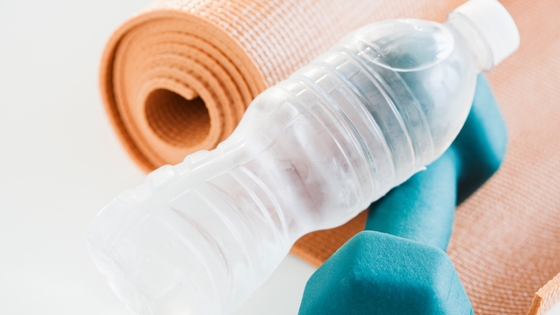Preventing a broken heart: protecting the heart of childhood cancer survivors
Associate Professor David Elliott, Murdoch Children's Research Institute
2020 Vanguard Grant
Years funded: 2021-2022
Heart failure is the major side effect in paediatric cancer survivors that receive the class of chemotherapy drug called anthracyclines. Anthracyclines have been commonly used to treat children with cancer for over 25 years. However, whilst potent anti-cancer drugs, these can cause substantial heart damage, that persists long into adult life. Long term monitoring demonstrates that up to 65 % of paediatric cancer survivors exposed to anthracyclines develop heart problems, with even 7% developing severe Anthracycline induced Cardiotoxicity (ACT) .
Our aim is to significantly reduce these adverse side effects of anti-cancer drugs on the hearts of children by identifying new molecules that protect heart muscle cells from damage . We will use heart muscle cells, called cardiomyocytes, produced in the laboratory to look for drugs that stop the damage that occurs with the chemotherapy drug enters the heart cell. The most promising candidate drugs will be tested in miniature human hearts, called organoids, to further study how these cardio-protective drugs function to protect heart muscle cells.
These human heart organoids are an ideal pre-clinical system to study these drugs and work out which is the most promising. Importantly, we are using approved drugs enabling us to quickly move toward the clinic for trials designed to establish if these compounds work in patients to protect the hearts of children undergoing chemotherapy.
You might also be interested in...

Dr Sean Tan
Cardiovascular screening in cancer patients treated with immune checkpoint inhibitors

Improving heart health for people living with and beyond cancer
Improving heart health for people living with and beyond cancer

Dr Erin Howden
Exercise to prevent heart and vascular damage from cancer treatments
Last updated12 March 2024